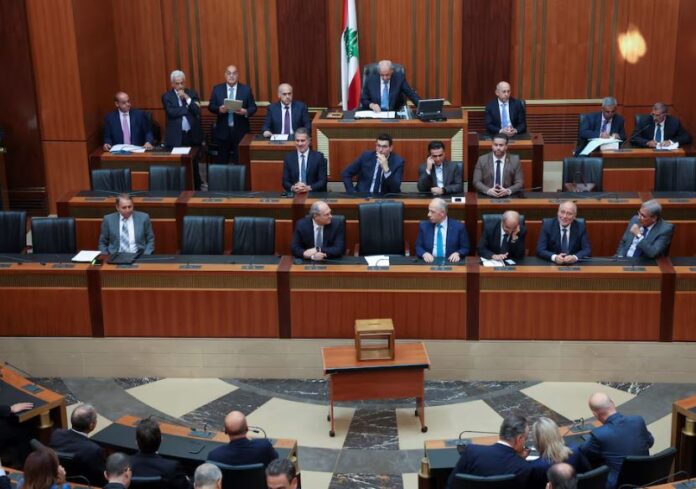Lebanon’s prolonged presidential vacuum, now exceeding two years, could soon end as Parliament prepares to vote on a new leader. Army Commander Joseph Aoun has emerged as the leading candidate, viewed by many as a beacon of stability in a country grappling with economic collapse and political turmoil.
Aoun’s U.S. counterterrorism training and steadfast leadership have garnered him widespread trust both domestically and internationally. His reputation for neutrality has further solidified his position as the top contender, leaving rivals such as IMF official Jihad Azour and General Security Chief Elias El Baissary trailing far behind.
However, Aoun’s candidacy faces a significant constitutional challenge: Lebanon’s laws prohibit serving officials from assuming the presidency. For Aoun to ascend to the role, Parliament would need to amend the constitution, a move requiring broad political consensus.
The decision to back Aoun reflects public demand for change, but whether political factions can unite to facilitate this shift remains uncertain. The stakes are high for Lebanon, as the election will signal the country’s ability—or inability—to navigate its deep-seated crises and pave the way for recovery.
Key Points:
- Presidential Vacancy: Lebanon has been without a president for over two years, intensifying the country’s political and economic challenges.
- Joseph Aoun as Frontrunner: Army Commander Joseph Aoun has emerged as the top candidate, earning trust for his stability, neutrality, and U.S. counterterrorism training.
- Rivals Lagging: Contenders like IMF official Jihad Azour and General Security Chief Elias El Baissary are far behind in support.
- Constitutional Hurdle: Lebanon’s constitution prohibits serving officials from becoming president, requiring an amendment for Aoun to take office.
- Political Uncertainty: Parliament’s ability to amend the constitution hinges on political consensus, raising doubts about whether public demand for change can drive action.
- National Impact: The outcome of the presidential vote is pivotal for Lebanon’s recovery amid its ongoing economic and humanitarian crises.



